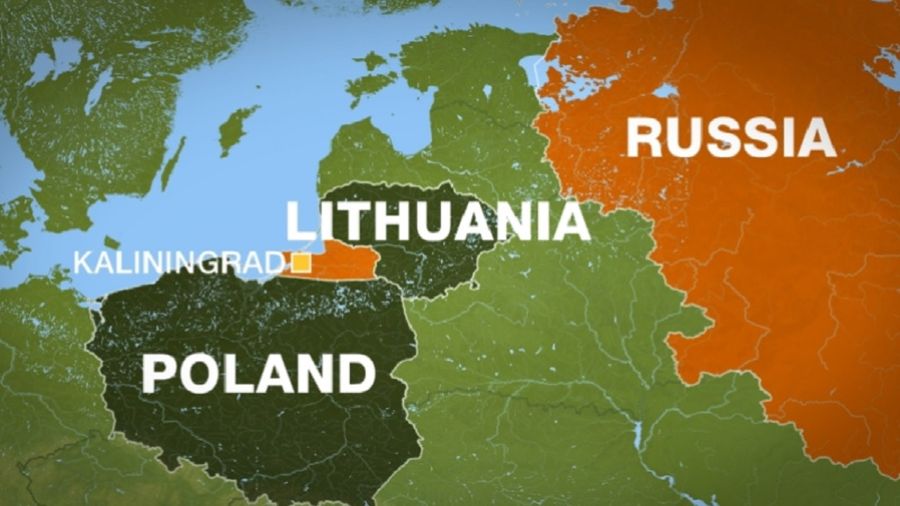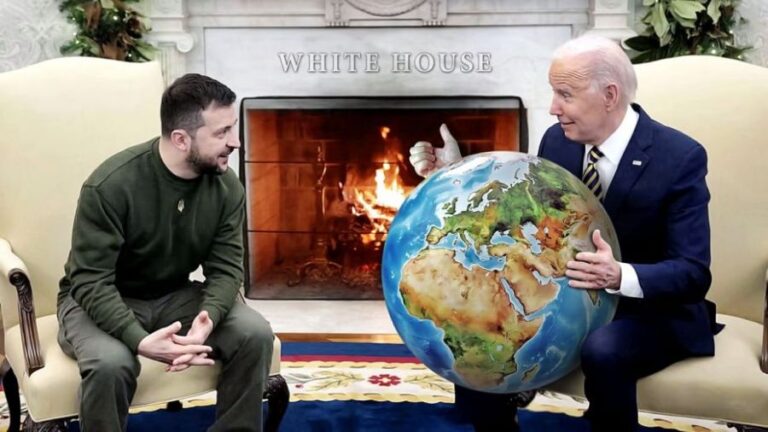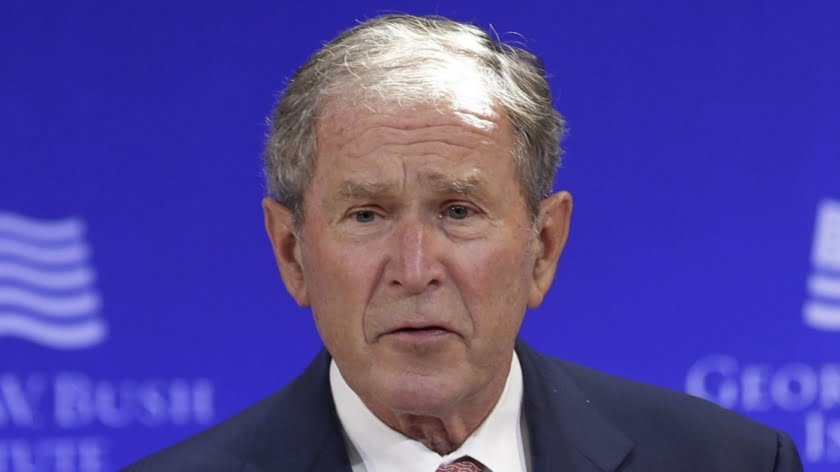The Strategic Contours of Lithuania’s Partial Blockade of Kaliningrad
Everyone should realize that this is just an artificially manufactured and illegal provocation that’s actually meant to target the minds of Western citizens much more than the well-being of Kaliningrad’s residents.
Lithuania recently informed Russia that it’ll comply with the EU’s sanctions against Moscow by prohibiting the transit of restricted goods through its territory between Belarus and the exclave of Kaliningrad. RT reported that this mostly concerns natural resources and machinery that account for half of the goods received from the mainland. Regional Governor Anton Alikhanov reassured his residents that ferries and ships will be used to redirect the products that can no longer transit through Lithuania.
Kremlin spokesman Dmitry Peskov condemned Vilnius’ decision as “unprecedented” and “a violation of absolutely everything”, which will require thorough analysis before deciding upon his country’s response. Deputy Chair of the Federation Council Committee on Foreign Affairs Andrey Klimov, meanwhile, went a step further by saying that “This could be construed as direct aggression against Russia, which is literally forcing us to immediately resort to adequate self-defense.”
For what it’s worth, EU High Representative for Foreign Affairs and Security Policy Josep Borrell denied that any blockade is in effect since Lithuania is simply complying with the bloc’s sanctions, though Governor Alikhanov retorted that “the European Commission uses the word transfer in its legal documents regarding the ban, and that’s not quite the same as transit.” In any case, it’s clear that this decision represents a major escalation in Russian-EU relations that deserves further analysis.
The Kremlin’s position towards this situation is legally sound: it’s indeed internationally illegal for anyone to promulgate sanctions outside the UN Security Council. Be that as it is, Borrell does have a point insofar as the fact that Kaliningrad isn’t fully blockaded, though he’s being dishonest in denying that even a partial blockade exists. Furthermore, there aren’t any credible concerns about Kaliningrad’s residents suffering since their government reassured them that they’ll reroute banned goods right away.
These observations raise the obvious question of why Vilnius decided to do this. While it can’t be known for sure, it’s worthwhile reminding readers that this tiny Baltic State had earlier functioned as an American pawn for provoking China. It recently allowed the Taiwan Region that’s recognized as an integral part of the People’s Republic of China by the vast majority of the international community to open up a diplomatic office and also pulled out of a regional cooperation platform with Beijing.
Lithuania had nothing to objectively gain from any of this, which is why experts generally agreed that it did so in order to curry favor with the US, which might explain why it carried out its latest provocation against Russia. Put another way, this tiny Baltic State is being wielded as a Hybrid War weapon by America in order to carry out provocations against Great Powers like China and Russia. In the present example, this might be meant to generate fearmongering headlines about World War III.
To explain, Western commentators have long scared their people with the scenario that Russia supposedly plans to invade the so-called “Sulwaki Gap” along the Polish-Lithuanian border that narrowly divides Kaliningrad from Belarus. In their overactive imaginations, President Vladimir Putin is such an ultra-nationalist that he wouldn’t mind risking World War III by taking over NATO-controlled territory and likely risking a nuclear response from the US through Article 5’s mutual defense clause.
There was never any factual basis behind this scenario, but it served the purpose of justifying the US and other countries’ violation of the 1997 Russian-NATO Founding Act that prohibited the deployment of the bloc’s troops and infrastructure in the region. It deserves to be mentioned that Russia criticized that development in late December when sharing its security guarantee requests with the West that in hindsight were the last chance to diplomatically avert the Ukrainian Conflict that later unfolded.
Since the start of Russia’s ongoing special military operation in Ukraine, the Kaliningrad front remained remarkably quiet, which confirmed Moscow’s lack of desire to escalate tensions with NATO along their shared border in contradiction of Western fearmongering claims over the years. In the nearly four months since the start of Russia’s campaign in Ukraine, however, the European public has grown weary of continuing to support Kiev.
An opinion poll that was recently published by the European Council on Foreign Relations showed that more EU citizens favored peace over punishing Russia, which risks undercutting the West’s proxy war efforts that NATO Secretary General Jens Stoltenberg predicted over the weekend could last for years. With public support for this decreasing in just one-third of a year, it might have been the case that the US tasked Lithuania with carrying out its partial blockade of Kaliningrad in order to provoke a crisis.
The purpose behind doing so would be to revive the scaremongering campaign surrounding the “Sulwaki Gap” scenario in order to restore public support for NATO’s proxy war on Russia through Ukraine. Being the dutiful vassal state that it is, Lithuania would have likely complied with such a demand considering that it already didn’t mind provoking China as was earlier explained. This insight suggests that the talk about World War III over Kaliningrad is an information warfare operation.
That’s not to say that Russia wouldn’t militarily defend its territorial integrity in the event that NATO fully blockaded its Baltic exclave, but just that such a worst-case scenario hasn’t yet happened so it’s premature to fret about an imminent nuclear exchange between those two rivals. Everyone should therefore realize that this is just an artificially manufactured and illegal provocation that’s actually meant to target the minds of Western citizens much more than the well-being of Kaliningrad’s residents.







